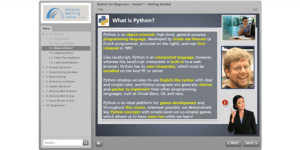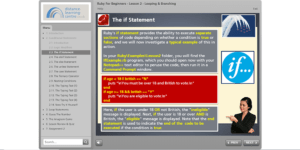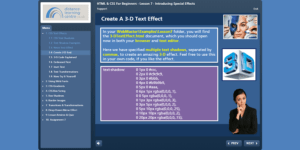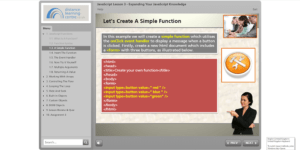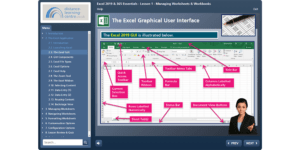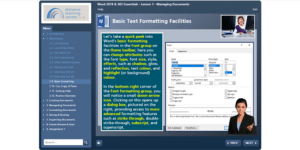Teaching Assistant Apprenticeship
The broad purpose of someone on the Teaching Assistant Apprenticeship is to support the class teacher to enhance learners’ progress and development either in groups or individually. Teaching Assistants ensure that learners understand their work, know their learning objectives, and display positive learning behaviours in order to make progress.
They deliver individual and small group teaching and apply a range of strategies to support learners of different abilities under the professional direction and supervision of a qualified teacher. Teaching Assistants may support learners with special educational needs and disabilities and learners with social, emotional, and mental health vulnerabilities.

In their daily work, an employee in this occupation may interact with all learners. This includes but is not limited to high attaining, SEND, EAL, and disadvantaged learners. Teaching Assistants will also work in partnership with teachers and other professionals within the school and education system, as well as with learners’ parents or carers.
An employee in this occupation will be responsible for delivering individual and small group teaching and adapting planning under the direction of a teacher; implementing safeguarding policies and safe practice; working effectively with other education professionals; promoting positive learning behaviours; and supporting the development of a safe and stimulating learning environment. They will work within a framework of national legislation regarding safeguarding, and within the policies and procedures of their individual education organisations.
Knowledge
- The importance of providing feedback.
- The learning resources available to support learners and how to use them.
- The stages of development for children and young people.
- The principles of target setting to support the next steps in learning.
- The impact of transition on learners and strategies to support them.
- How technology can support learning.
- The learning, assessment, and feedback cycle.
- Methods of formative assessment.
- Methods of observing, recording, and reporting.
- The curriculum intent, how it is implemented, and the intended impact.
- Prevent, safeguarding and health & safety legislation, guidance, and procedures.
- Teaching strategies to deliver learning activities and interventions (for example, scaffolding, open questioning).
- How to adapt communication strategies to suit the audience and context.
- Types of learning intervention.
- How to support learner’s well-being, mental health and pastoral needs, including referral to other professionals or services.
- The pastoral and academic behaviours learners will display.
- The impact of enrichment activities on learners.
Skills
- Apply strategies to support and encourage the development of independent learners.
- Adapt communication strategies for the audience and context.
- Apply behaviour management strategies in line with organisational policy.
- Adapt resources to support all learners.
- Communicate with teachers to ensure clarity of the TA’s role.
- Apply teaching strategies to deliver learning activities or interventions.
- Build relationships with learners, teachers, other professionals and stakeholders.
- Comply with legislation, guidance, and procedures for Prevent, safeguarding and health & safety.
- Support the well-being and mental health of learners.
- Observe, record, and report on learners in line with organisational procedures.
- Apply methods of formative assessment.
- Use up to date technology safely, to support learning.
- Encourage safe use of technology by learners.
- Adapt teaching strategies to support all learners (for example, scaffolding, open questioning).
- Identify and respond to pastoral and academic behaviours in learners.
- Provide feedback to learners.
Behaviours
- Act professionally and respectfully with the whole school community.
- Be a positive role model, upholding and exemplifying the organisation’s values.
- Respect and promote equality, diversity, and inclusion.
- Be committed to improving their own delivery through reflective practice.
- Engage with research to establish best practice.
- Work collaboratively and constructively with the whole school community.








